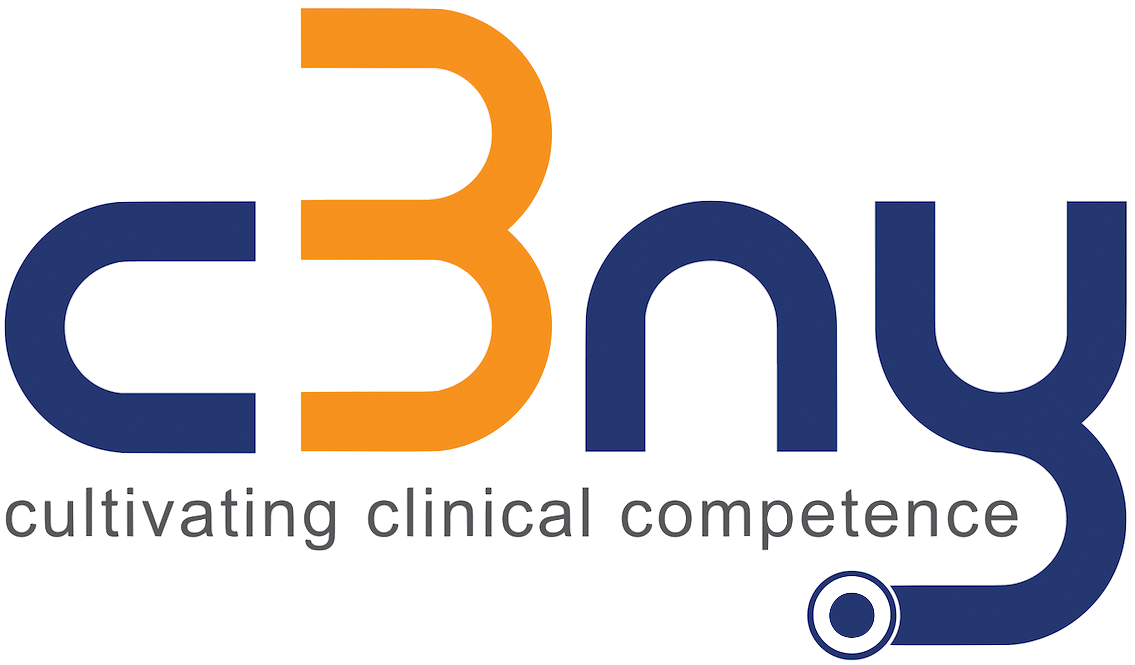In our workshop, we often tell students if the powers that be at USMLE/ECFMG could be a fly on the wall of a real encounter between a candidate and patient, that would be ideal; they are looking to find out how a candidate truly acts with an American patient.
Since this is not possible, the Step 2 CS exam was developed to simulate a doctor/patient encounter. In this regard, there are no “tricks” “shortcuts” or “cheats” you can employ to pass the exam. None. All the mnemonics and lists WILL NOT HELP YOU. Would you use a mnemonic if you walked into a room with a real patient? Would it go through your mind that you needed to prove to your real patient that you were a competent doctor? Would you fret about where you would add “the counseling” in a real encounter? I expect the answer to all these questions is NO. One would walk into the patient’s room with the clear objective of taking care of and helping their patient to feel better.
If a candidate can just get over the illusion that these are FAKE patients, SIMULATED patients, and rather walk into the room with the intention of CARING for their patient, they would be well on their way to clearing this hurdle to practicing medicine in the USA.
Now, think about this. What is the difference between a doctor and a computer? Why do we need doctors at all anymore? Can’t I just enter all my symptoms into a computerized form, and have it spit out the top three ideas of what might be wrong with me? This is akin to a candidate walking into the USMLE Step 2 CS exam with a set list, a mnemonic, and simply worrying about getting through it in the allotted 15 minutes.
Let me clarify here. We here at C3NY *do* recommend a quick mnemonic for pain. Also, as an anchor, when the timing starts, outside the room, perhaps you want to write down, HPI, PMH, Family, Social, Sexual, Habits, or the like. So that if, in the course of the encounter, you get stuck, you can look down and say, oh, I have forgotten to ask about drinking, or medications, or what this person does for a living. This is useful if you are stuck.
But to memorize the hundreds of mnemonics out there on every conceivable disease? What your patient will see, after they say, oh, my head hurts, or my stomach hurts, or I have a cough or whatever, is you trying to recall which mnemonic applies. All of which will TAKE YOU AWAY FROM LISTENING TO AND CARING FOR the patient. All of which will NOT help you. This is a communications skills exam. What you would be communicating at that point is that you think it is more important to remember which mnemonic to use, than to listen to the patient, observe behavior, and follow the patient’s lead in asking questions.
So while mnemonics might help you learn the colors of the rainbow or the order of the planets. They will not help you very much on the Step 2 CS exam, when you are dealing with a HUMAN BEING.
One of the best bits of feedback we ever got from one of our students after they completed our workshop, was this:
“It was wonderful to confront cases and receive feedback; this made me realize I should be a DOCTOR, NOT A TEST TAKER on this exam” (emphasis was the student’s).
We could not agree more.
Yours in excellent Step 2 CS prep,
The team at C3NY
More resources to help you prepare for the Step 2 CS exam:
Online Class
Our comprehensive online class guides you through everything you need to know to pass your exam
Skype Sessions
Meet with experienced standardized patients via Skype to receive personalized feedback on how to improve your skills.


